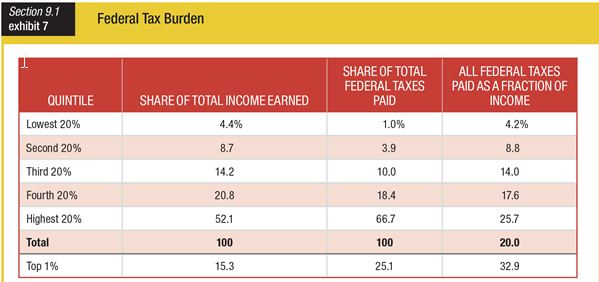Consider a law that limits women's access to certain "dangerous" occupations like coal mining and military combat service. Such a law would likely reduce women's wages because:
a. women would be overqualified for "non-dangerous" jobs.
b. labor supply in female-intensive occupations would increase.
c. women would be less likely to obtain college degrees.
d. comparable worth would no longer exist between men's and women's occupations.
b
Economics
You might also like to view...
A decrease in interest rates can ________ the demand for stocks as stocks become relatively ________ attractive investments as compared to bonds
A) decrease; less B) increase; more C) decrease; more D) increase; similar E) increase; less
Economics
Based on the table for the federal tax burden, which earners pay more than 20% of their income in federal taxes?

a. the bottom 20%
b. all but the bottom 20%
c. the third 20%
d. the highest 20%
Economics